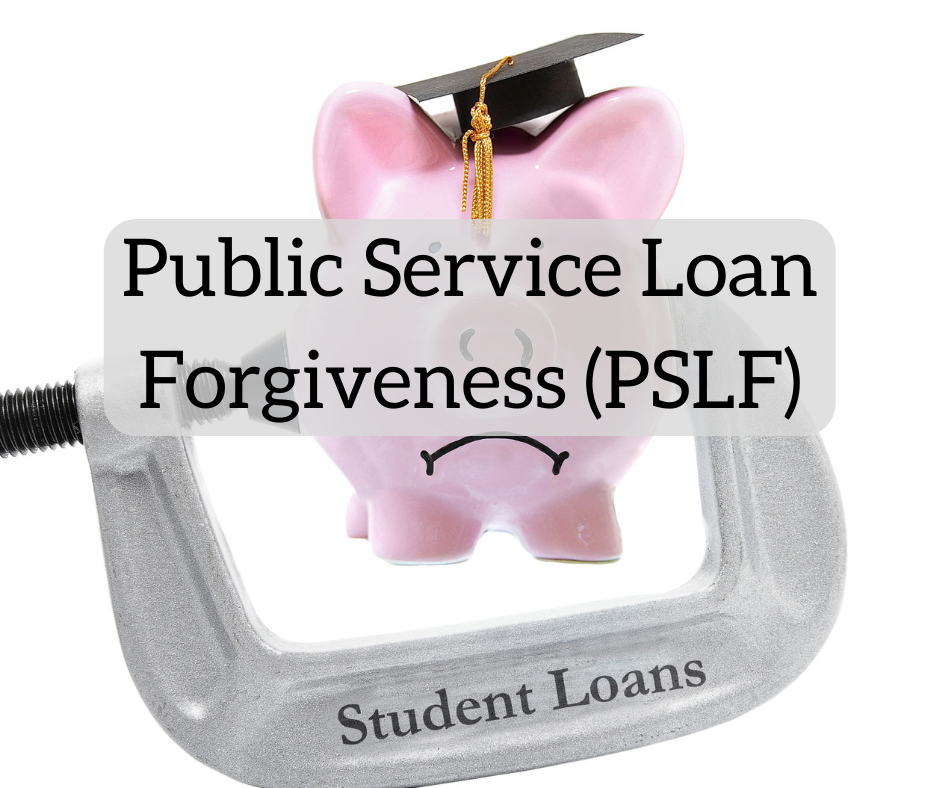- Joined
- Oct 12, 2020
- Messages
- 101
- Reaction score
- 46
Hi there everyone,
I learned last week that I will be joining your ranks as a pain doc as long as I don't get kicked out of my residency, and as long as I complete the fellowship I matched at. A little while back I had a fantastic job offer for a pain job after completing fellowship, however unfortunately my wife and I decided that the location was a deal-breaker (after Hurricane Ida) and I value her more than the $$$.
My question to you all:
Can anyone comment on what earnings as a "partner" actually mean realistically? Does it make more sense to work for five years as a hospital employee, have my 350k federal loans forgiven while earning ~400k/yr, and then make the move to a private gig? Or am I more likely to out-earn (470k averaged over five years) in private practice over the same time frame?
Also one additional question:
How early in the recruitment process do you ask about compensation package? I understand not wanting to come off as money-hungry, but at the same time I do not want to waste anyone's time (particularly my own) if they are going to offer 25% percentile or something similar.
Thank you
I learned last week that I will be joining your ranks as a pain doc as long as I don't get kicked out of my residency, and as long as I complete the fellowship I matched at. A little while back I had a fantastic job offer for a pain job after completing fellowship, however unfortunately my wife and I decided that the location was a deal-breaker (after Hurricane Ida) and I value her more than the $$$.
My question to you all:
Can anyone comment on what earnings as a "partner" actually mean realistically? Does it make more sense to work for five years as a hospital employee, have my 350k federal loans forgiven while earning ~400k/yr, and then make the move to a private gig? Or am I more likely to out-earn (470k averaged over five years) in private practice over the same time frame?
Also one additional question:
How early in the recruitment process do you ask about compensation package? I understand not wanting to come off as money-hungry, but at the same time I do not want to waste anyone's time (particularly my own) if they are going to offer 25% percentile or something similar.
Thank you

